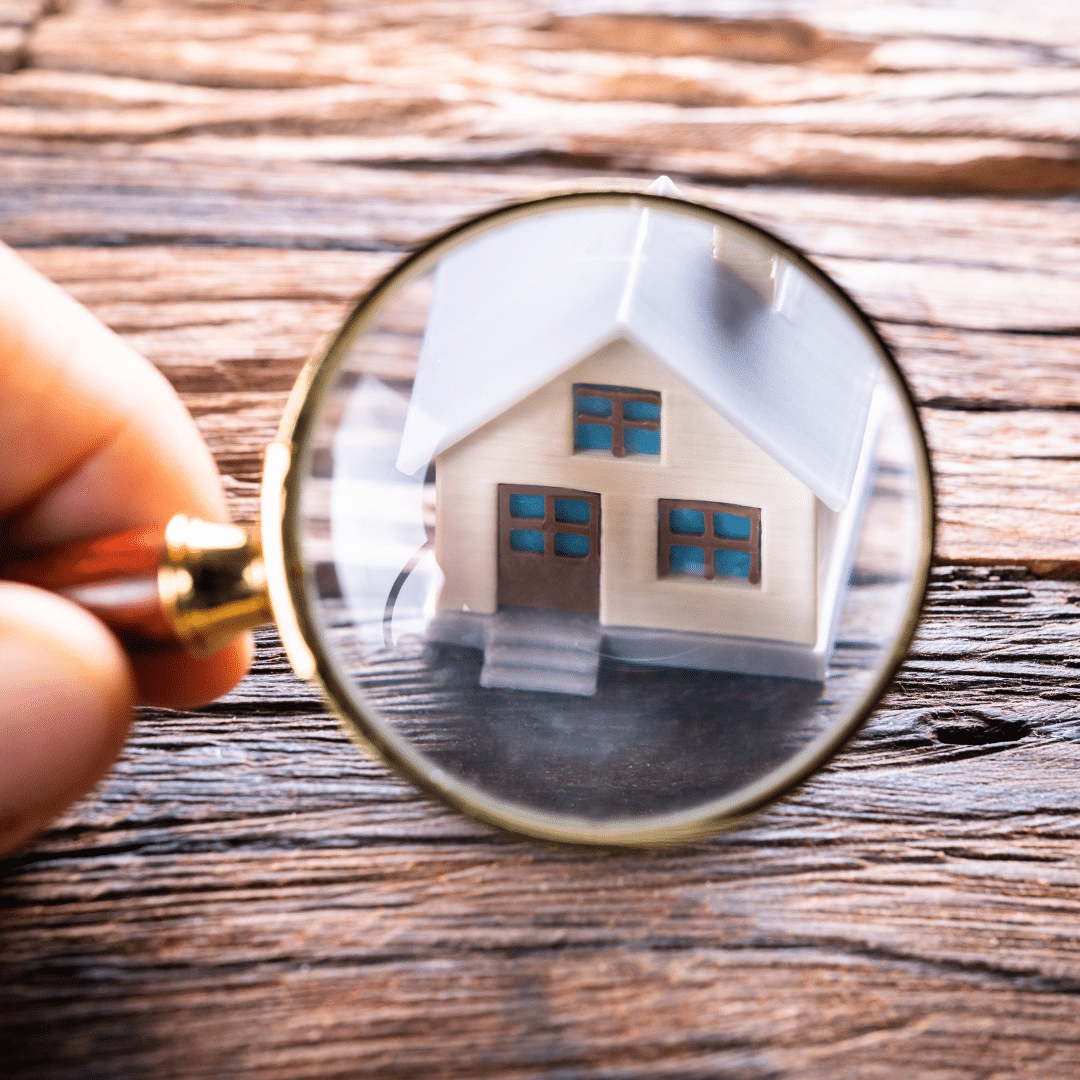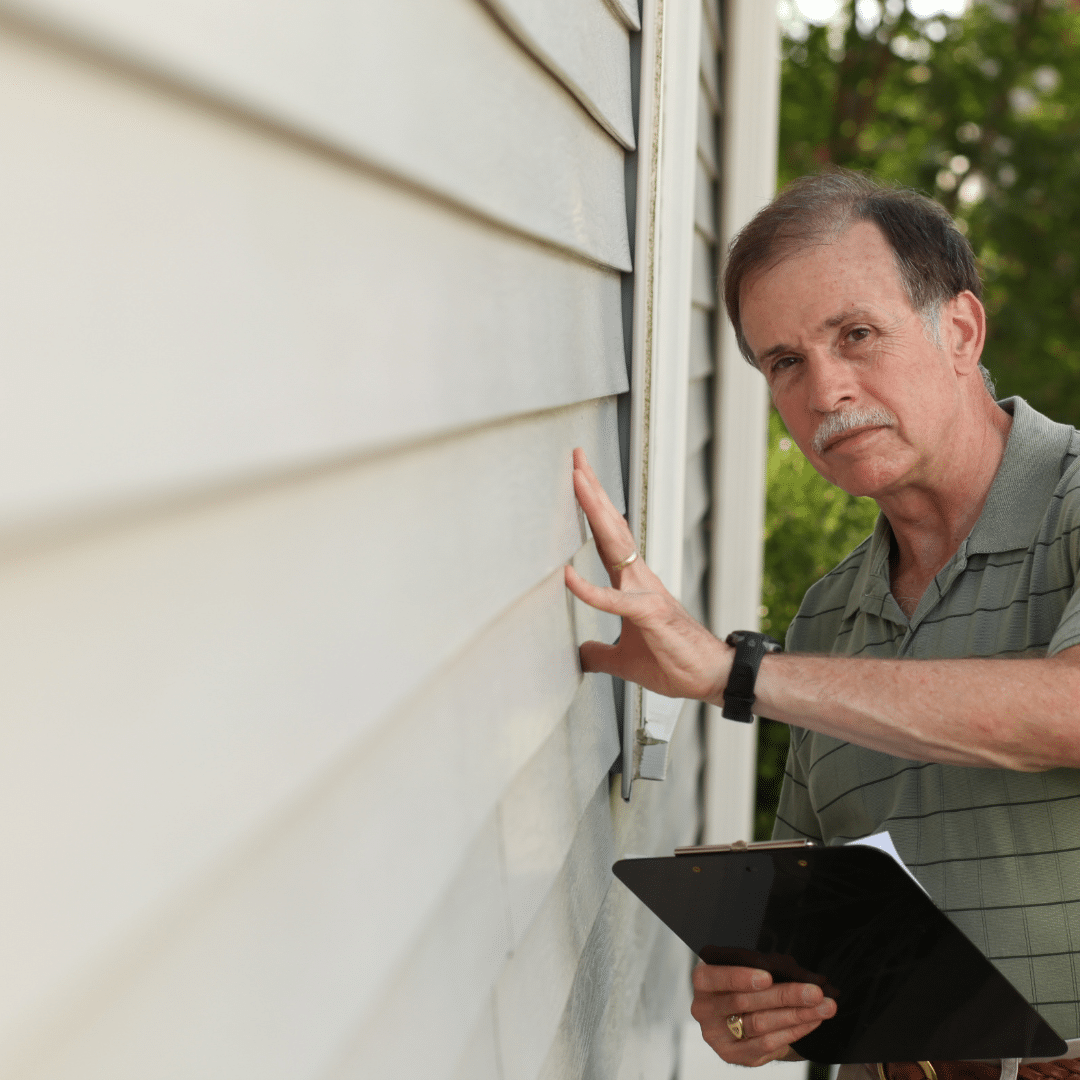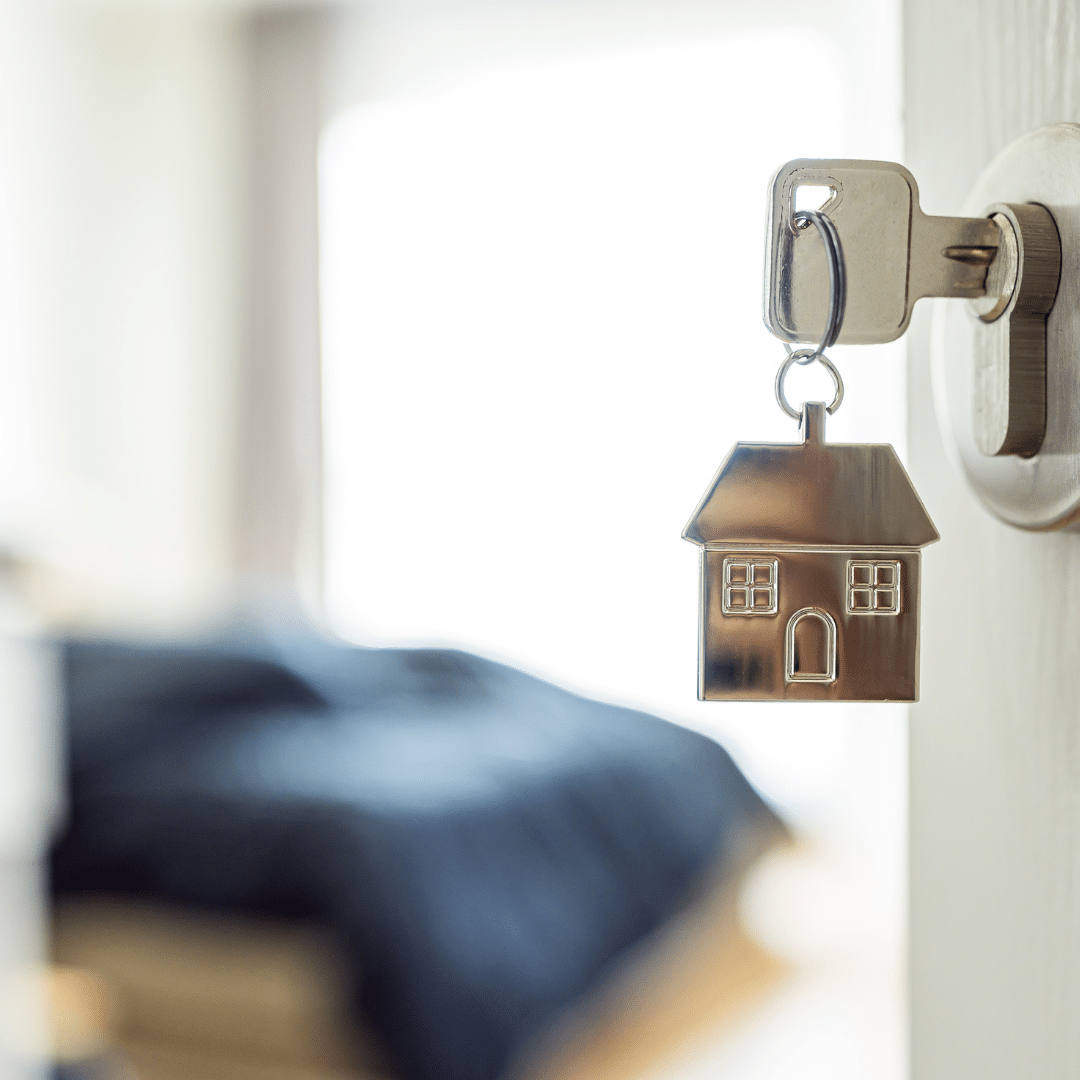As a homeowner, the last thing you want is to have your home sale fall through due to a failed inspection. One of the biggest issues that can arise during a home inspection is deteriorated water supply lines. In particular, polybutylene pipes are bad and have become a major concern for homebuyers and inspectors alike.
Polybutylene pipes were commonly used as a cheaper alternative to copper pipes in the 1980s and 1990s. However, they have a high failure rate and are prone to cracking, leaking, and rupturing, which can cause extensive water damage to a home. They also react with chemicals in the water and can cause the water to become contaminated. Due to these issues, polybutylene pipes are bad, have become a red flag for home buyers, and can lead to a failed home sale inspection.
How do I know if my home has Polybutylene pipes?
There are a few ways to identify Polybutylene pipes in your home. Look for gray-blue tubing, plastic fittings, or stamped markings on the pipes themselves. You can also check the home inspection report from when you purchased the home or contact a licensed plumber for an inspection.
What are Polybutylene Pipes?
Polybutylene pipes were first introduced in the 1970s as a cheaper alternative to traditional copper piping. They were intended for use in both hot and cold water supply lines and were marketed as being resistant to corrosion and easy to install. Polybutylene pipes are typically made from a form of plastic called polybutylene resin, which is combined with other materials to create flexible tubing that can be molded to fit a variety of spaces.
Why Polybutylene Pipes Are Bad?
Despite their initial popularity, polybutylene pipes have since become known for their many problems. One of the biggest issues with polybutylene pipes is that they are prone to cracking, leaking, and rupturing. This can lead to water damage, mold growth, and other serious issues that can be expensive to repair. Additionally, polybutylene pipes can degrade quickly when exposed to certain chemicals found in water, such as chlorine. This can cause the pipes to become brittle and more likely to fail.
Another concern with polybutylene pipes is the potential for health risks associated with contaminated water. Over time, the chemicals used to create the pipes can break down and leach into the water supply. This can lead to the presence of harmful chemicals and bacteria in the water, which can pose a risk to human health.
Identifying Polybutylene Pipes
If you’re not sure whether your home has polybutylene pipes, there are a few ways to identify them. One of the most common signs of polybutylene pipes is gray-blue tubing, which is typically 1/2 to 1 inch in diameter. Additionally, polybutylene pipes are often connected to plastic fittings, which can be identified by their gray or black color. If you’re not sure where your water supply lines are located, you can typically find them in a crawl space or basement.
Replacing Polybutylene Pipes
If you have identified that your home has polybutylene pipes, it is important to replace them as soon as possible to avoid potential issues. There are several options available for replacing polybutylene pipes, including copper, PEX, and PVC piping.
Copper piping is a popular choice for replacing polybutylene pipes because it is durable and resistant to corrosion. However, copper piping can be expensive and may require a skilled plumber to install it.
PEX piping is another option for replacing polybutylene pipes. PEX piping is made from a type of plastic that is resistant to corrosion and can be easily molded to fit a variety of spaces. PEX piping is also relatively easy to install and can be less expensive than copper piping.
PVC piping is a third option for replacing polybutylene pipes. PVC piping is also resistant to corrosion and can be molded to fit a variety of spaces. However, PVC piping is typically not as durable as copper or PEX piping, and may not be the best choice for areas with extreme temperatures.
When choosing a replacement option, it’s important to consider factors such as durability, cost, and ease of installation. It’s also a good idea to find a reputable plumber or contractor to handle the replacement process to ensure that it is done correctly and efficiently.
Dealing with Polybutylene Pipes during Home Inspections
If you are selling or buying a home, it is crucial to address any potential issues with Polybutylene pipes before a home sale inspection. Failure to do so can result in a lower home value, added stress, and potential legal issues.
During a home inspection, the inspector will thoroughly examine the plumbing system, including the pipes, fixtures, and fittings. If Polybutylene pipes are discovered, the inspector will likely recommend further evaluation and replacement by a licensed plumber.
Essential Guidelines for Sellers and Buyers in Handling Polybutylene Piping
If you are a seller, it is in your best interest to submit your home to pre-inspection so that if Polybutylene pipes are found, you can have them replaced before listing your home. This will not only increase the value of your home but also give potential buyers peace of mind knowing that they will not have to deal with the costly and potentially hazardous issues associated with Polybutylene pipes.
If you are a buyer, it is important to have a thorough inspection done by a licensed inspector before purchasing the home. Additionally, having a competent and skilled real estate agent can make a significant difference in the outcome of a home inspection. If Polybutylene pipes are discovered, they can negotiate with the seller to have them replaced before closing the deal or adjust the sale price accordingly to cover the cost of replacement.
In either case, it is essential to work with a licensed and reputable plumber to ensure that the replacement process is done correctly and up to code. It is also important to obtain all necessary permits and documentation for the replacement process, which can vary depending on your location.
If you are a realtor, or buying or selling a home, it is always best to consult with an expert home inspector before making an offer. Our founder Jim is skilled at detecting even the most obscure aspects that homeowners might miss. He can assist in ensuring that your ideal home does not become a source of trouble. Schedule Call us at 719-491-1520.









